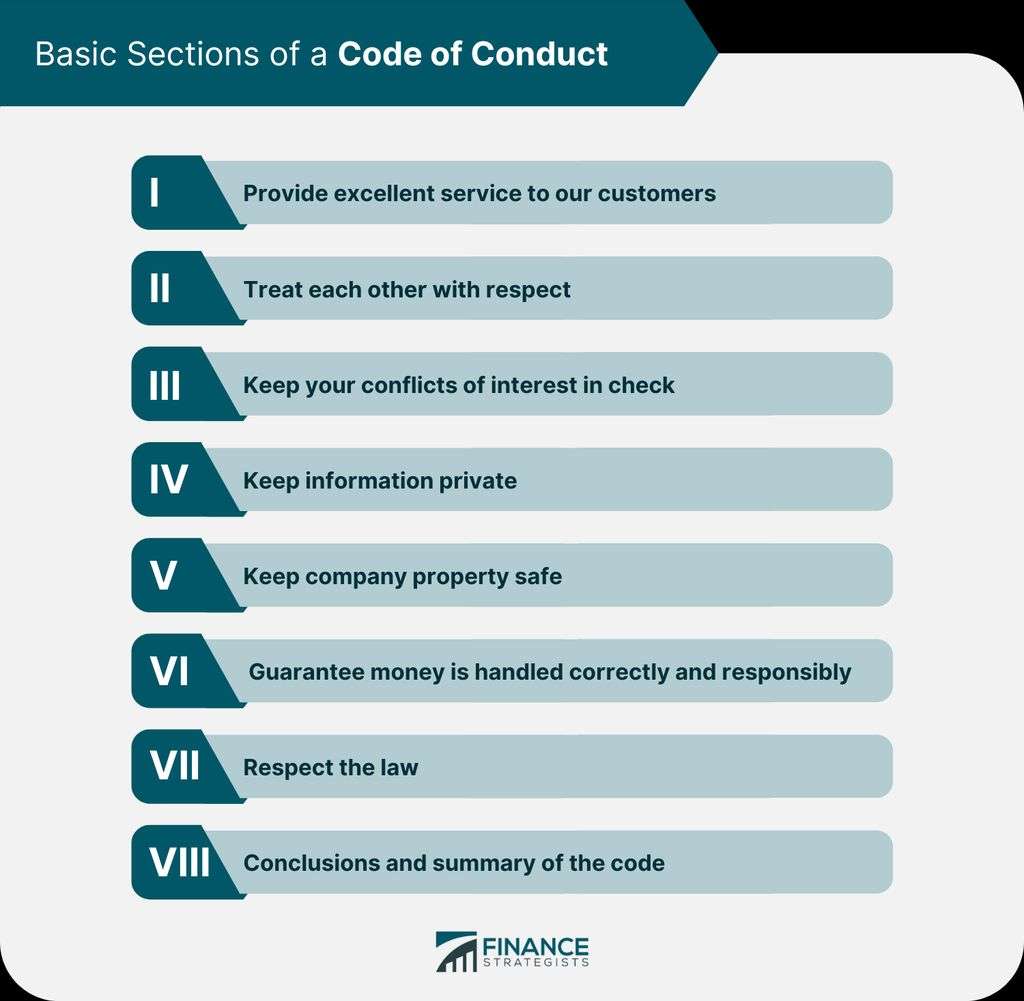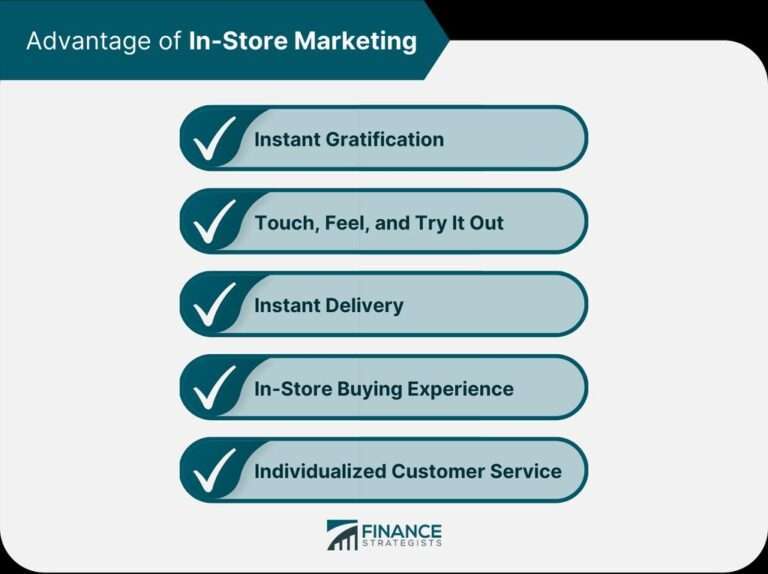Understanding Legal and Ethical Considerations in Content
Overview
Definition of Legal and Ethical Considerations
Legal and ethical considerations play a crucial role in content creation. Understanding these considerations is essential for content creators to ensure they adhere to the law and maintain ethical standards. Legal considerations encompass areas such as copyright and intellectual property, privacy and data protection, and defamation and libel laws. Ethical considerations, on the other hand, focus on truthfulness and accuracy, transparency and disclosure, and avoidance of harm. By considering both legal and ethical aspects, content creators can create content that is both compliant and morally responsible. It is important for content creators to conduct thorough research and stay informed about the latest legal and ethical guidelines to produce high-quality and responsible content.
Importance of Legal and Ethical Considerations
Legal and ethical considerations play a crucial role in content creation and distribution. Understanding and adhering to these considerations is essential for maintaining legal compliance and ethical standards. Legal considerations involve respecting copyright and intellectual property rights, protecting privacy and data, and avoiding defamation and libel. Ethical considerations focus on truthfulness and accuracy in content, transparency and disclosure of information, and the avoidance of harm to individuals or society. By prioritizing legal and ethical considerations, content creators can ensure that their work is both legally sound and ethically responsible. Take the necessary steps to educate yourself on these considerations and integrate them into your content creation process. By doing so, you can protect yourself and your audience, while also contributing to a more responsible and trustworthy digital landscape.
Key Principles of Legal and Ethical Considerations
The key principles of legal and ethical considerations are essential for content creators to understand and adhere to. These principles guide the creation and dissemination of content in a responsible and compliant manner. When it comes to legal considerations, content creators must be aware of copyright and intellectual property laws to ensure they are not infringing on the rights of others. Privacy and data protection are also crucial, as content should be created and shared in a way that respects the privacy of individuals and complies with data protection regulations. Additionally, defamation and libel laws must be considered to avoid making false statements that harm someone’s reputation. In terms of ethical considerations, truthfulness and accuracy are paramount. Content creators should strive to provide accurate and reliable information to their audience. Transparency and disclosure are also important, as content should clearly indicate any sponsored or promotional elements. Lastly, the avoidance of harm is a key ethical principle, meaning that content should not cause harm or perpetuate discrimination, hate speech, or any form of unethical behavior. By following these key principles of legal and ethical considerations, content creators can ensure they are producing content that is both legally compliant and ethically responsible.
Legal Considerations
Copyright and Intellectual Property
In the realm of content creation, understanding and respecting copyright and intellectual property laws is crucial. Copyright protects original works of authorship, such as articles, images, and videos, giving the creator exclusive rights to reproduce, distribute, and display their work. It is important to obtain proper permissions or licenses when using copyrighted material to avoid infringement. Intellectual property refers to intangible creations of the mind, such as inventions, designs, and trademarks. Protecting intellectual property ensures that creators are recognized and rewarded for their innovations. It is essential for content creators to be aware of these legal considerations to avoid legal disputes and maintain ethical standards in their work.
Privacy and Data Protection
In the realm of privacy and data protection, it is crucial to prioritize compliance with legal and ethical considerations. Compliance ensures that individuals’ personal information is handled responsibly and protected from unauthorized access. This includes adhering to relevant data protection laws, implementing robust security measures, and obtaining informed consent from users. Additionally, organizations must be transparent about their data collection practices and provide individuals with the necessary controls to manage their privacy preferences. By prioritizing privacy and data protection, businesses can build trust with their customers and avoid potential legal and reputational risks.
Defamation and Libel Laws
Defamation and libel laws are important legal considerations in content creation. Ethical considerations play a significant role in understanding and adhering to these laws. When creating content, it is crucial to ensure that the information shared is truthful and accurate, avoiding any statements that could harm someone’s reputation. Transparency and disclosure are also key ethical considerations, as content creators should clearly indicate any potential conflicts of interest or sponsored content. By understanding and implementing these legal and ethical considerations, content creators can protect themselves and their audiences from potential legal issues and maintain a high standard of integrity in their work.
Ethical Considerations
Truthfulness and Accuracy
When it comes to legal and ethical considerations in content, truthfulness and accuracy are of utmost importance. It is crucial to provide accurate information and ensure that the content is based on facts rather than speculation or misinformation. This not only helps build trust with your audience but also protects you from potential legal issues such as false advertising or misleading claims. In the digital marketing world, where information spreads quickly and can have a significant impact on a brand’s reputation, maintaining truthfulness and accuracy should be a top priority. By prioritizing these principles, you can establish yourself as a reliable source of information and build a strong foundation for your content strategy.
Transparency and Disclosure
Transparency and disclosure are key principles in the legal and ethical landscape. When creating content, it is essential to be transparent about any affiliations, sponsorships, or conflicts of interest that may impact the objectivity of the information presented. Disclosing such information allows readers to make informed decisions and helps maintain trust and credibility. Additionally, transparency extends to the use of data and personal information. Content creators must adhere to privacy and data protection laws, ensuring that user information is handled responsibly and securely. By prioritizing transparency and disclosure, content creators can navigate the legal and ethical considerations in the content creation process and build a strong foundation of trust with their audience.
Avoidance of Harm
One of the key principles of ethical considerations in content creation is the avoidance of harm. This principle emphasizes the responsibility of content creators to ensure that their work does not cause harm to individuals, groups, or society as a whole. It involves being mindful of the potential impact of the content, both in terms of immediate harm and long-term consequences. Content creators should strive to provide accurate and truthful information, avoiding misleading or deceptive practices. Transparency and disclosure are also important, as they allow the audience to make informed decisions. By prioritizing the avoidance of harm, content creators can contribute to a more ethical and responsible content landscape.
Conclusion
In conclusion, Unifire is the ultimate tool for extracting summaries, keywords, and titles from your podcast and repurposing your content. With Unifire, you can save time and effort by automating the process of creating engaging content. Whether you’re a podcaster, content creator, or marketer, Unifire can help you optimize your content strategy and reach a wider audience. Don’t miss out on the opportunity to enhance your content creation with Unifire. Visit our website today and start maximizing the potential of your podcast content!









 العربية
العربية Čeština
Čeština Dansk
Dansk Nederlands
Nederlands English
English Suomi
Suomi Français
Français Deutsch
Deutsch Italiano
Italiano 日本語
日本語 한국어
한국어 Norsk bokmål
Norsk bokmål Polski
Polski Português
Português Русский
Русский Español
Español Svenska
Svenska